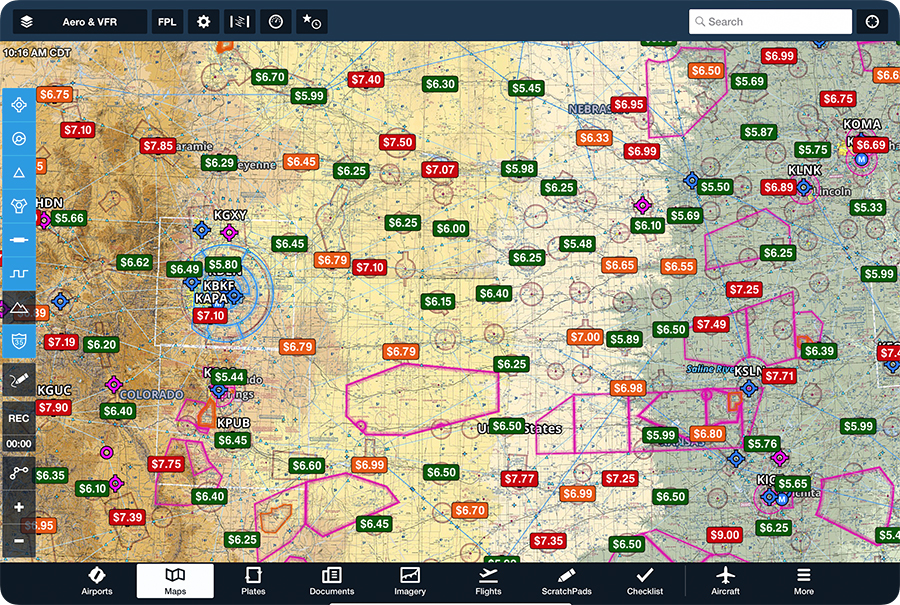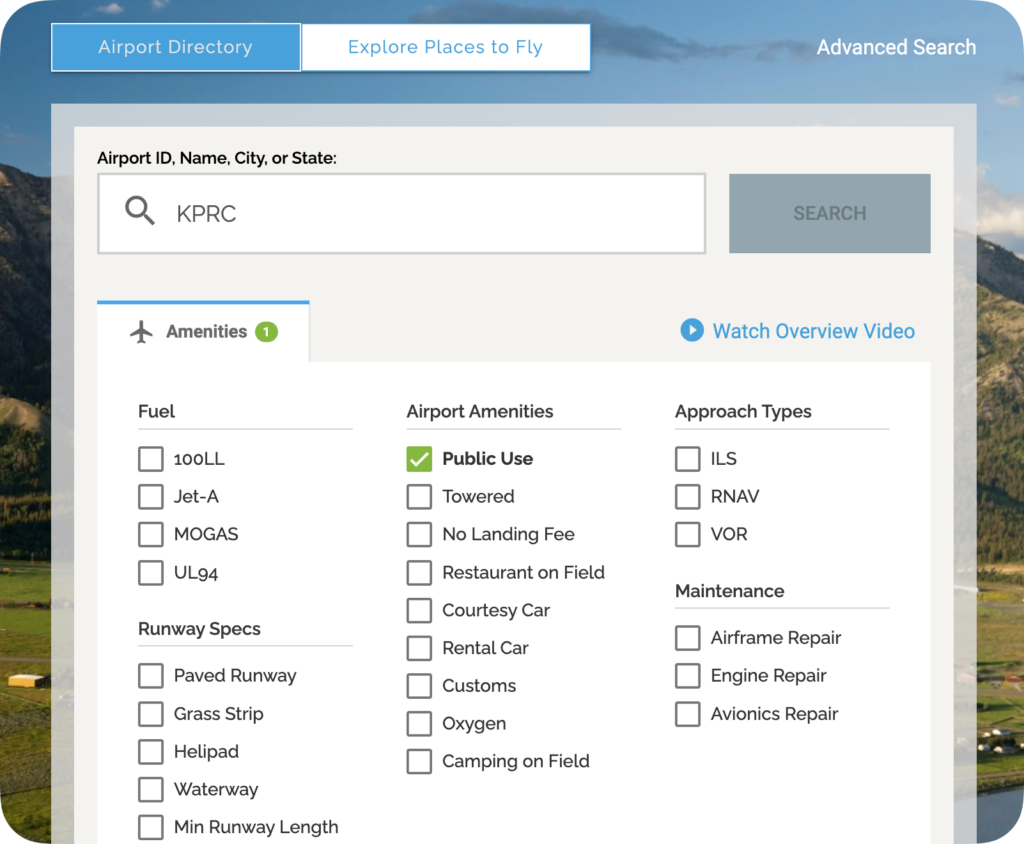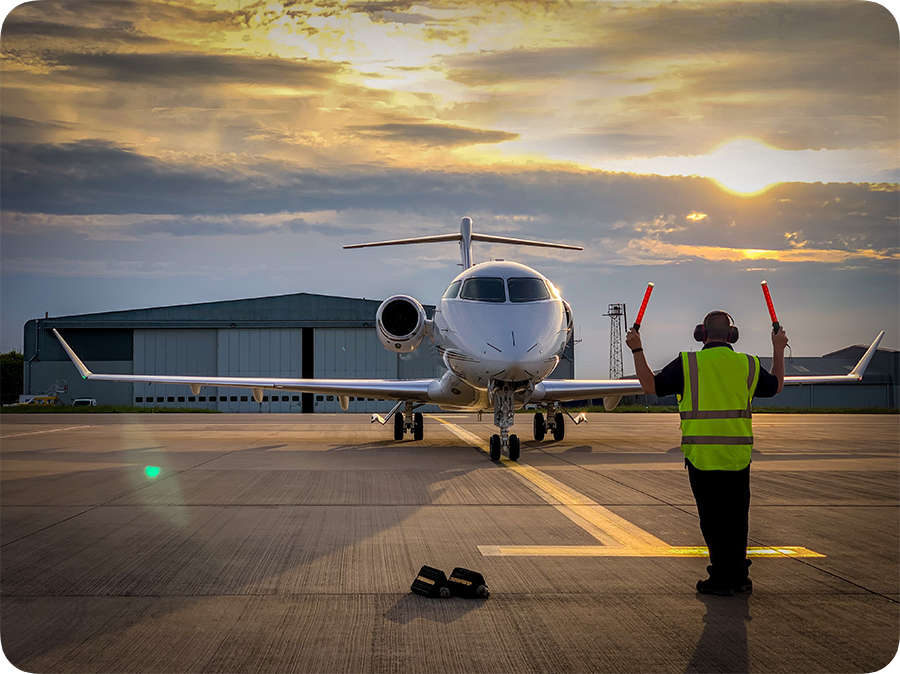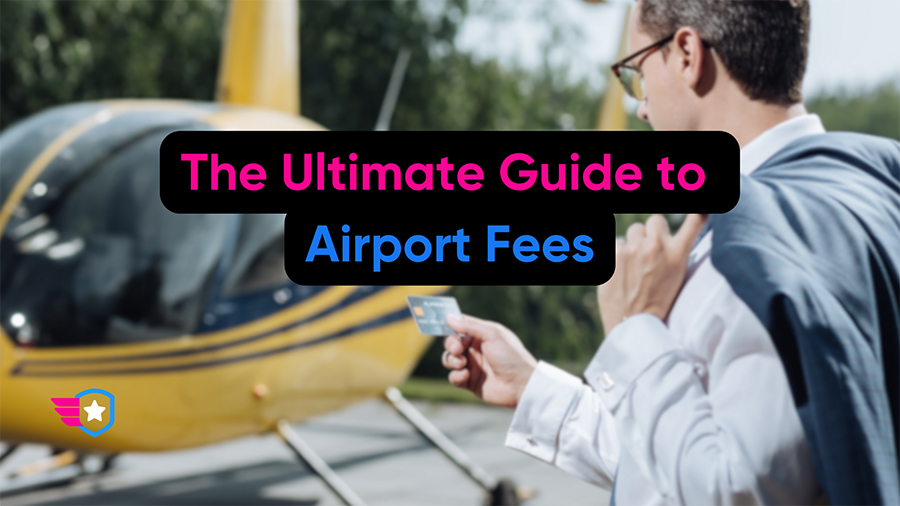As you spread your wings in the world of aviation, you’ll encounter many facets of flying. One critical aspect often overlooked by newer pilots is airport fees.
Airport fees, while unavoidable, can seem like a mystery wrapped in a riddle. But knowing what you’re paying for can make all the difference.
This guide will shed light on these costs, so you can budget for your flights more accurately.
By the end of this guide, you’ll not only understand these fees but also discover how to keep them low. This article will literally save you money!
What Are Airport Fees?
Airport fees are the various costs associated with using an airport’s facilities and services. Think of them as the price of using an airport. These charges cover everything from landing your aircraft to parking and even fueling it.
But why do these fees exist?
Well, running an airport is a complex and costly operation. Everything from runway maintenance to Air Traffic Control comes with a price tag. Airport fees help cover these costs, ensuring airports can provide the services you need to fly safely and efficiently.
Remember, every airport is unique (and so are its fees). Some might charge you for landing, while others might only charge for long-term parking or hangar space. There’s also the cost of fuel to consider, which can vary significantly from one airport to another.
In the following sections, we’ll break down the common types of airport fees you’re likely to encounter in your flying adventures.
Types of Airport Fees
Landing Fees
Landing fees are the most widespread type of airport fee, and they’re exactly what they sound like – A fee for landing at an airport.
They’re common at larger airports, but less so at smaller ones.
These fees are usually calculated based on the weight of your aircraft, so the bigger your bird, the more you’ll pay. There are other factors that may also affect the landing fee, such as the time of day or type of operation.
Some airports include other (or all) services in their landing fee, while others charge extra per service.
Hangar and Tie-down Fees
Once you’ve safely landed, you need a place to park your aircraft. That’s where hangar and tie-down fees come in. A tie-down is essentially a parking spot for your plane, while a hangar offers shelter and protection from the elements.
These fees vary widely depending on the airport and the level of protection you choose. These fees may also be known as “ramp” or “parking” fees.
Fuel Service Fees
Fuel is the lifeblood of any flight, and as such, it comes with a cost. Most airports will charge you for the amount of fuel you take on at the airport, displayed as the price per gallon. You’ll also likely pay a fuel service fee to refuel your aircraft.
As a private flight, you likely won’t be subject to fuel surcharges or taxes, as this is usually included in the price per gallon.
Fuel prices vary wildly between airports, so you’ll save a ton of money by checking prices and refueling at airports with cheaper fuel, if possible.
ForeFlight does a great job of listing fuel prices on your route.

Handling Fees
Handling fees are common at larger airports, especially for commercial flights. These fees cover services like baggage handling and sometimes even passenger services.
For smaller general aviation aircraft, handling fees might be waived if certain fuel purchase requirements are met.
You also likely won’t have any baggage handling services available, unless you make use of a Fixed Base Operator (FBO) – more on that later.
Overnight Fees
Overnight fees are charges incurred when you park your aircraft at an airport overnight. These fees can vary greatly depending on the airport and its facilities. Some airports might offer free overnight parking, while others could charge a significant fee – especially at larger, busier airports.
Other Fees
The sky’s the limit when it comes to other potential fees. There are various fees an airport may charge, like a ground vehicle or terminal usage fees (and everything in between). And don’t forget about fees for special services like deicing in colder climates.
There’s good news, though.
As a small private aircraft, you likely won’t need to pay the fees that larger aircraft are subject to at the same airport. You also won’t make use of all of the services, either. No need for a passenger ramp to check your 172’s fuel now, is there?
How to Check Airport Fees
Now that you know the types of fees you might encounter, the next step is figuring out how to check these costs before your flight. After all, nobody likes unexpected surprises when it comes to money.
Your best bet is the airport’s official website. Many airports provide a detailed breakdown of their fees online. If you can’t find the information you need, don’t hesitate to call the airport directly. The staff will be able to provide you with the most current fee structure.
For a broader perspective, there are several online resources that can help. Websites like AOPA’s Airport Directory, AirNav, and GlobalAir provide comprehensive databases of airport information (including fees) for airports across the United States. These sites are a goldmine of information, offering everything from fuel prices to contact details for airport services.

Remember, fees can change without notice, so it’s important to check these costs close to your flight date. By doing your homework ahead of time, you can avoid any unexpected expenses and keep your costs down.
FBO and Airport Fees

At this point, we need to make an important distinction between the services Fixed Based Operators (FBOs) provide and airport fees.
An FBO is a private company that operates on the grounds of an airport, providing a variety of services like fueling, hangaring, tie-downs, aircraft rental, private lounges, and maintenance services.
It’s important to understand the distinction between FBO fees and airport fees. While some fees may be collected by the FBO for their services, others are levied directly by the airport.
FBO Services and Fees
If you land at an airport and make use of the FBO, they’ll be your first contact on arrival. They provide the services that help you on the ground: think fuel, ground handling, and parking.
These services come with fees, which are set by the FBO and can vary from one operator to another. It’s always a good idea to check the FBO’s fees before your flight.
Some FBOs may offer bundled services, providing a combination of services for a set fee. These packages can save you money, depending on your needs. For instance, an FBO might waive the handling fee if you purchase a certain amount of fuel.
Airport Fees
Airport fees, on the other hand, are costs associated with using the airport’s infrastructure. Landing fees are the most obvious example.
Airport fees are usually set by the airport authority and are standard for all users of the airport, regardless of which FBO you choose.
In most cases, an FBO will collect these airport fees on behalf of the airport. However, it’s important to remember that these are separate from the fees for FBO services.
How Much Do Airport Fees Cost?
Because airport fees vary wildly based on multiple factors, we can only provide a range for typical costs. What might cost you nothing could cost your buddy $20 at a different airport, even for the same aircraft.
Additionally, some of these fees are often waived if you purchase fuel at the airport.
Here is a list of typical airport fees for a small, piston-engine aircraft:
| Fee | Cost |
| Landing | $2 – $50 |
| Parking / Overnight | $10 – $25 |
| Handling | $5 – $20 |
| Deicing | $20 – $60 |
| Fuel Service | $4 – $15 |
How to Pay Your Airport Fees

Before you depart for your next flight, you’ll need to settle the bill. But how exactly do you go about paying your airport fees? Let’s explore the process.
Most airport fees are paid at the airport itself. If an FBO operates at the airport, they’ll likely handle the payment process. After landing, you can go to the FBO’s office, where they’ll provide a breakdown of the fees. You can usually pay these fees directly to the FBO, who will then pass on any applicable airport fees to the airport authority.
Methods of payment can vary, but most FBOs and airports accept credit cards and debit cards. Some may also accept cash or checks, but it’s always best to check ahead if you plan to pay with these methods.
If you’re flying to a small airport without an FBO, the process can be a bit different. Some airports have small offices where you can pay your fees. Other times, a flight school or other business may handle the collection of airport fees. If you’re unsure, try to find the reception desk of a business at the airport and enquire about the airport fees.
Regardless of your method of payment, ensure that you settle your bill before taking off.
Conclusion
Navigating the world of airport fees can seem daunting at first, but with a little knowledge and preparation, it becomes a manageable part of your flying journey. Remember, these fees are there to support the airports and services that make your flights possible.
When it comes to expenses in aviation, information is your best tool. Stay informed, plan ahead, and always be prepared to change your plan to avoid unnecessary costs.
And most importantly, never let airport fees cloud the joy of flight!




